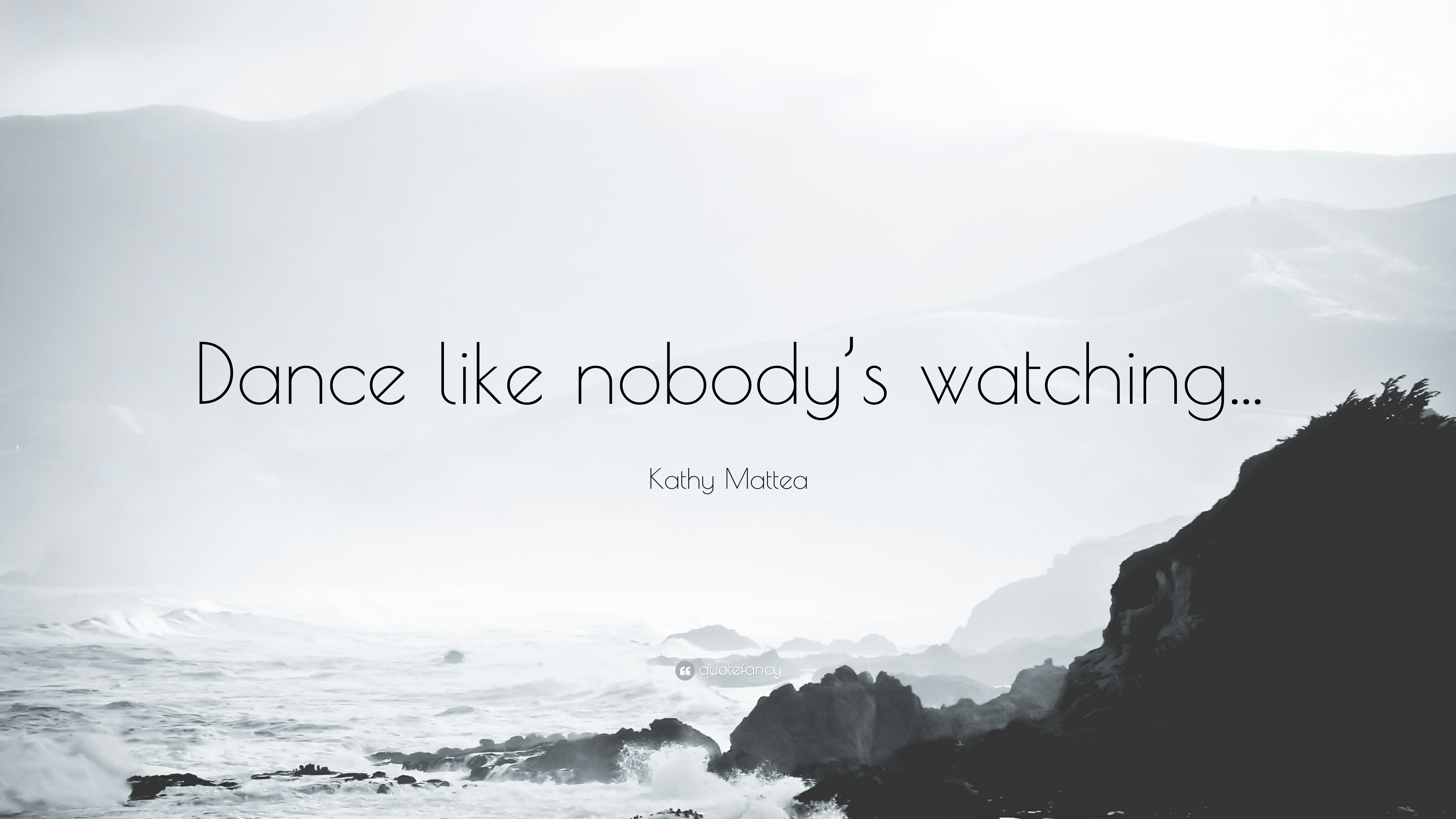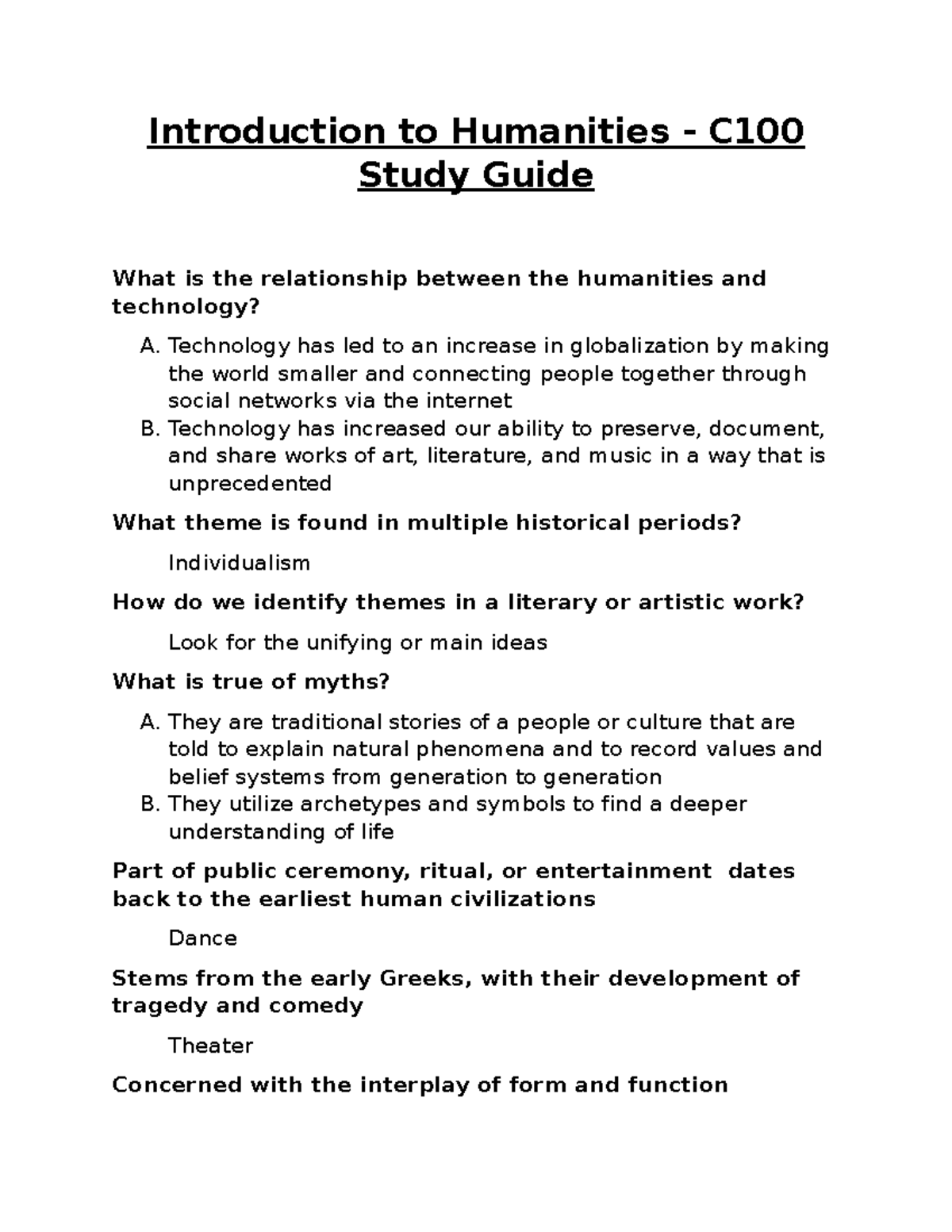Elegy Workshop: Exploring Grief Through Poetry at Harvard
May 3, 2025 | Culture News | No Comments

An elegy workshop provides a unique opportunity for individuals to confront themes of loss and remembrance through the art of poetry. These workshops create a space where both experienced poets and novices alike can explore their feelings of grief and celebrate the lives of those they have lost. Under the guidance of passionate instructors, participants engage in transformative writing exercises that encourage deep emotional expression. By participating in an elegy workshop, attendees not only craft their own pieces but also find solace in a shared understanding of how grief can inspire creativity. Such gatherings are essential for connecting individuals to the therapeutic powers of poetry, resonating with the core themes of the ongoing Elegy Project supported by institutions like Harvard.
Engaging in a workshop centered around elegiac poetry allows participants to explore reflective writing while processing experiences of loss and sorrow. This creative writing endeavor promotes collective healing, as attendees join forces to articulate their individual grief through shared expression. Through the exploration of various poetic forms, including the elegy, participants can delve into their emotions, creating a dialogue between their personal experiences and the broader human condition. Such workshops, often part of community initiatives or poetry programs, emphasize the importance of arts in healing, fostering connections between diverse individuals, and encouraging them to embrace vulnerability through their written words. By offering a supportive environment for grief and poetry, these creative spaces cultivate a deeper understanding of the elegiac tradition and its role in personal and communal healing.
Exploring the Art of Elegy in Poetry Workshops
The Elegy Project stands as a testament to the profound connection between grief and creativity. In poetry workshops like those held at Harvard’s Woodberry Poetry Room, participants delve deep into the elegiac tradition, exploring themes of loss and remembrance. Workshops not only provide a structured environment for crafting elegies but also encourage participants to confront their feelings about grief in a supportive setting. As they write with others, the act of creating becomes a communal effort, making personal sorrow feel less solitary.
By engaging in workshops that emphasize elegy, poets can transform their emotional experiences into art, allowing catharsis through language. The inclusion of prompts and discussions often sparks collaboration and commemorative expression. Participants are encouraged to reflect on their own experiences of loss while interacting with the rich history of elegiac poetry, fostering both personal growth and artistic development. This symbiotic relationship between writing and community is reflective of a growing movement in creative writing that seeks to unite voices and experiences through shared grief.
The Significance of Grief in Creative Writing
Grief often serves as a powerful catalyst for creative expression, particularly in poetry. During workshops, participants explore the raw emotions tied to their experiences of loss, reinterpreting these feelings into their writing. This exploration is not just therapeutic; it taps into the profound human experience of mourning, transforming sorrow into art that resonates with others. Grief and poetry intersect in a way that enables individuals to process their emotions creatively, allowing them to articulate what might be otherwise unspoken.
Through the Elegy Project and similar initiatives, participants enhance their creative writing skills while addressing the universal theme of loss. Workshops focus not only on the technical aspects of poetry but also on the emotional narratives that underpin it. As attendees share their elegies, they create a collective space fostering understanding and empathy, important in mitigating feelings of isolation. In this way, grief lays the groundwork for a poetic community that honors both individual and shared experiences.
Community Engagement through Poetry Workshops
Poetry workshops like those at Harvard’s Woodberry Poetry Room are vital for promoting community engagement within the arts. By providing a structured yet open environment for participants, these workshops initiate conversations that may not typically occur, allowing individuals from diverse backgrounds to connect through the written word. The Elegy Project exemplifies this, highlighting how poetry can bridge gaps between people while addressing themes of grief and shared humanity. Community initiatives in poetry help foster a sense of belonging among participants, validating their experiences and encouraging creative growth.
The significance of community-based workshops lies not only in teaching the craft of poetry but also in nurturing a collective identity among participants. Programs like the Elegy Project invite individuals to contribute their voices to the public discourse surrounding grief, making poetry accessible to all. By dismantling barriers to participation, these workshops empower people to explore their creative potential, proving that poetry and processing human emotions are indeed a communal affair.
The Elegy Project: A New Approach to Poetry
The Elegy Project is an innovative initiative that reinvents the traditional elegy through community engagement and accessibility. The project seeks to redefine how individuals approach themes of loss by combining elements of public performance and poetry workshops. By distributing poem cards in everyday spaces, this initiative enables everyone to encounter poetry outside formal settings, encouraging spontaneous reflection on personal experiences with grief. Participants are invited to join the conversation, contributing their elegies while recognizing the collective nature of mourning.
This fresh approach empowers participants to see the elegy not just as an expression of sorrow but as a connection to broader human experiences. The Elegy Project emphasizes that poetry belongs to everyone, and through its workshops, individuals can express their feelings creatively. This shift fosters a sense of urgency and immediacy in writing, as participants are inspired to share their stories through a common thread of emotion and grief.
Crafting Poems: Inspiration from the Poetry Room
Drawing inspiration from the Poetry Room’s extensive collection can significantly enhance the poetry workshop experience. The resources available in such repositories offer an array of themes, styles, and historical contexts, serving as catalysts for participants’ own writing. With guided prompts and examples from established poets, workshop leaders like Karen Elizabeth Bishop and David Sherman encourage participants to engage directly with the material. This approach instills confidence in those new to poetry, allowing them to find their voice amidst the verse.
Utilizing the Poetry Room not only enriches the writing process but also cultivates a deeper appreciation for the craft itself. Participants often discuss various poetic forms, including elegies, reflecting on how established writers handle themes of loss and remembrance. As they explore these works, the synergy between reading and writing in workshops becomes apparent, creating a dynamic atmosphere where inspiration flows freely, and new poets can blossom.
The Role of Poetry in Processing Grief
Poetry serves as a potent tool for processing grief, offering individuals a channel to articulate their sorrow and seek healing. In workshops specifically focused on creating elegies, participants are encouraged to confront their feelings about loss openly. As they pen their thoughts, poetry transforms abstract emotions into concrete expressions that can be shared with others, fostering a sense of connection. This process allows individuals to externalize their experiences, ultimately contributing to personal healing and community bonding.
By engaging in poetry workshops, participants learn that grief is not an isolated journey—it’s an experience shared among many. The act of writing can facilitate dialogues about loss that are often difficult to initiate. Through discussion and shared readings, those in the workshop uncover underlying themes within their elegies, validating their feelings and uplifting each other. This supportive framework cultivates resilience as participants navigate their grieving processes together, reinforcing the collective power of art in the face of life’s challenges.
The Benefits of Collaborative Creative Writing
Collaborative creative writing in workshops offers participants the chance to share their experiences and learn from one another in a nurturing environment. By exchanging ideas and feedback on their elegies, workshop attendees build a sense of community that enriches their individual writing journeys. This collaborative approach allows for diverse perspectives on grief and reflection, creating a tapestry of voices that elevate the collective understanding of loss.
Such an environment fosters growth in both writing abilities and emotional intelligence. Participants discover new ways to express their grief, inspired by the narratives and techniques of their peers. As they engage with each other’s work, the beauty of poetry is revealed not just in the words themselves, but in the shared experiences that bind the group together. By learning to write in community, individuals not only enhance their craft but also gain valuable insights into their own emotional landscapes.
Embracing Randomness in Poetry Creation
The sporadic nature of the Elegy Project, marked by its ‘aggressively random’ approach to poetry distribution, exemplifies how spontaneity can lead to unexpected creative breakthroughs. By placing poem cards in unusual public spaces, the project encourages individuals to confront poetry in their day-to-day lives. This randomness challenges participants to think outside the traditional workshop setting, inviting them to engage with poetry as a living art form that exists beyond the confines of academia.
This embrace of randomness allows poets to explore new avenues of inspiration that may not arise within a conventional framework. As they venture out into the world, opportunities for creating poetry can suddenly emerge from the mundane. By cultivating a playful attitude towards writing, workshop participants learn that poetry doesn’t always have to emerge from structured environments; rather, it can spring forth spontaneously from everyday experiences and interactions.
Nurturing Future Poets through Engagement
The significance of nurturing upcoming poets through engaging workshops cannot be understated. Programs like the Elegy Project demonstrate that poetry workshops can play a crucial role in fostering new talent and encouraging self-expression. By providing accessible platforms for creative writing, organizers can help participants develop their unique voices while exploring the rich field of elegiac poetry. This nurturing environment contributes to a broader cultural appreciation for poetry, allowing for diverse voices to enter the literary conversation.
Additionally, opportunities for engagement encourage participants to think critically about their writing, motivating them to hone their craft further. Workshops facilitate mentorship between experienced poets and newcomers, creating a cyclical community of artistic growth. By investing in these future poets, both the individuals and the broader literary landscape are enriched, allowing the timeless art of poetry to evolve and flourish in the hands of new generations.
Frequently Asked Questions
What can I expect from the elegy workshop at Harvard’s Woodberry Poetry Room?
The elegy workshop at Harvard’s Woodberry Poetry Room offers a collaborative environment where participants can explore the art of elegy writing, express grief and memories, and connect with others. Led by experienced workshop facilitators, you’ll engage in writing exercises inspired by prompts, the Poetry Room’s collection, and discussions on the theme of loss.
How does the Elegy Project address themes of grief and poetry?
The Elegy Project focuses on making the themes of grief and loss less isolating through shared poetic experiences. By providing workshops and distributing poem cards in public spaces, the project encourages individuals to confront their feelings and connect with the community through the healing power of poetry.
Who can participate in the elegy workshops?
Anyone interested in poetry can participate in the elegy workshops, regardless of their previous experience in writing. The workshops are designed to welcome beginners and seasoned poets alike, fostering a supportive environment for creative expression and emotional exploration.
What is the significance of elegy in creative writing?
Elegy plays a crucial role in creative writing as it allows poets to express their sorrow, honor the deceased, and process emotions tied to loss. Through elegy, writers can connect deeply with universal themes of mourning and remembrance, making it a powerful tool for personal and communal healing.
Are elegy workshops part of a larger literary initiative at Harvard?
Yes, the elegy workshops are part of the ongoing Elegy Project at Harvard, which aims to inspire individuals to engage with poetry and explore their feelings of grief in community settings. This initiative, including workshops and public readings, emphasizes the importance of poetry as a shared human experience.
How can I best prepare for an elegy workshop?
To prepare for the elegy workshop, it’s helpful to reflect on personal experiences of loss and read various elegies to understand their structure and emotional impact. Additionally, bringing your own writing materials and an open mind for collaboration can enhance your workshop experience.
What makes the elegy workshop at Harvard unique?
The elegy workshop at Harvard stands out due to its connection with the historic Woodberry Poetry Room and its integration with the Elegy Project, which actively seeks to reach out to the community. Participants not only learn from seasoned poets but also contribute to a larger conversation about grief and creativity.
Is the elegy workshop free to attend?
Yes, the elegy workshop is typically offered free of charge, allowing broad access to community members who wish to explore the art of elegy and engage with poetry without financial barriers.
How often are elegy workshops held at the Woodberry Poetry Room?
Elegy workshops at the Woodberry Poetry Room are held periodically, often in conjunction with special projects like the Elegy Project. Check their schedule for upcoming events and opportunities to participate.
Can elegy workshops help in processing personal grief?
Absolutely! Elegy workshops provide a supportive space for individuals to express and process their grief through writing. Engaging in poetry and sharing experiences with others can facilitate healing and foster a sense of community.
| Key Points |
|---|
| The Elegy Project was created to address feelings of loneliness and grief during the pandemic. |
| The workshop was held at Harvard’s Woodberry Poetry Room, involving a small group exploring the art of elegy. |
| Participants included both writers and non-writers, showcasing a range of life experiences. |
| Karen Elizabeth Bishop and David Sherman led the workshop, using community engagement to support emotional healing through poetry. |
| The project includes public poetry initiatives, where poem cards are distributed to promote collective grief. |
| A reading by poet Peter Gizzi complemented the workshop, highlighting the artistic aspect of elegy. |
| The workshop encourages participants to create poetry in a supportive, communal environment. |
| The event emphasized that poetry is a collaborative and accessible form of expression. |
Summary
The elegy workshop showcases the profound connection between writing and emotional processing, especially during challenging times. The Elegy Project aims to foster community healing by allowing participants to explore their grief through poetic expression. By engaging with poetry collaboratively, attendees experienced the power of collective mourning and recognition of loss. Through such workshops, the importance of sharing personal narratives via elegy becomes evident, reinforcing the belief that poetry transcends traditional boundaries and belongs to everyone.
creative writing, elegy project, elegy workshop, grief and poetry, Harvard workshops, poetry workshop

